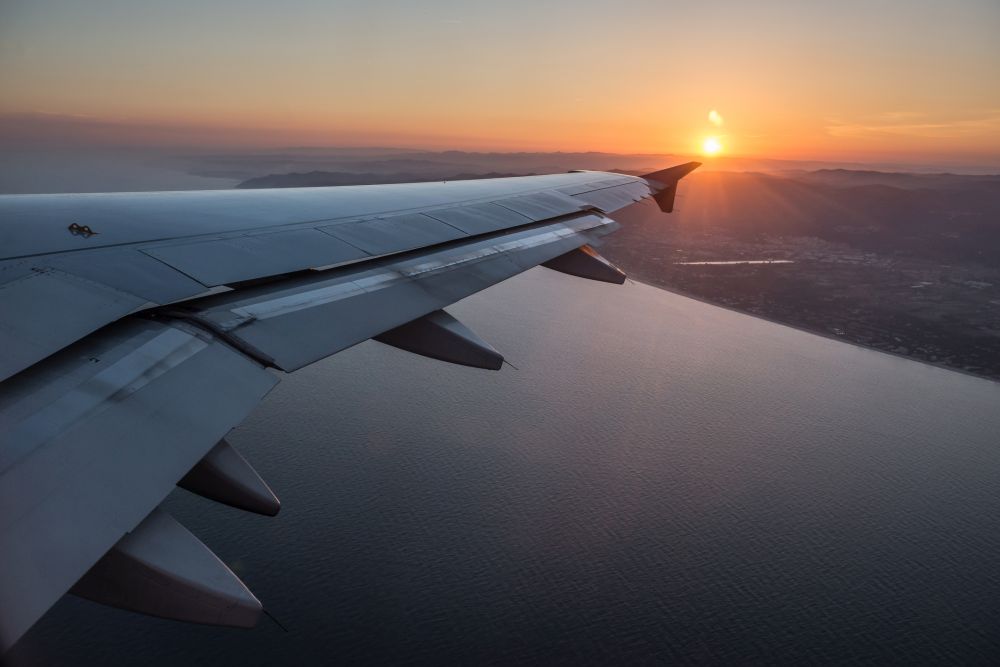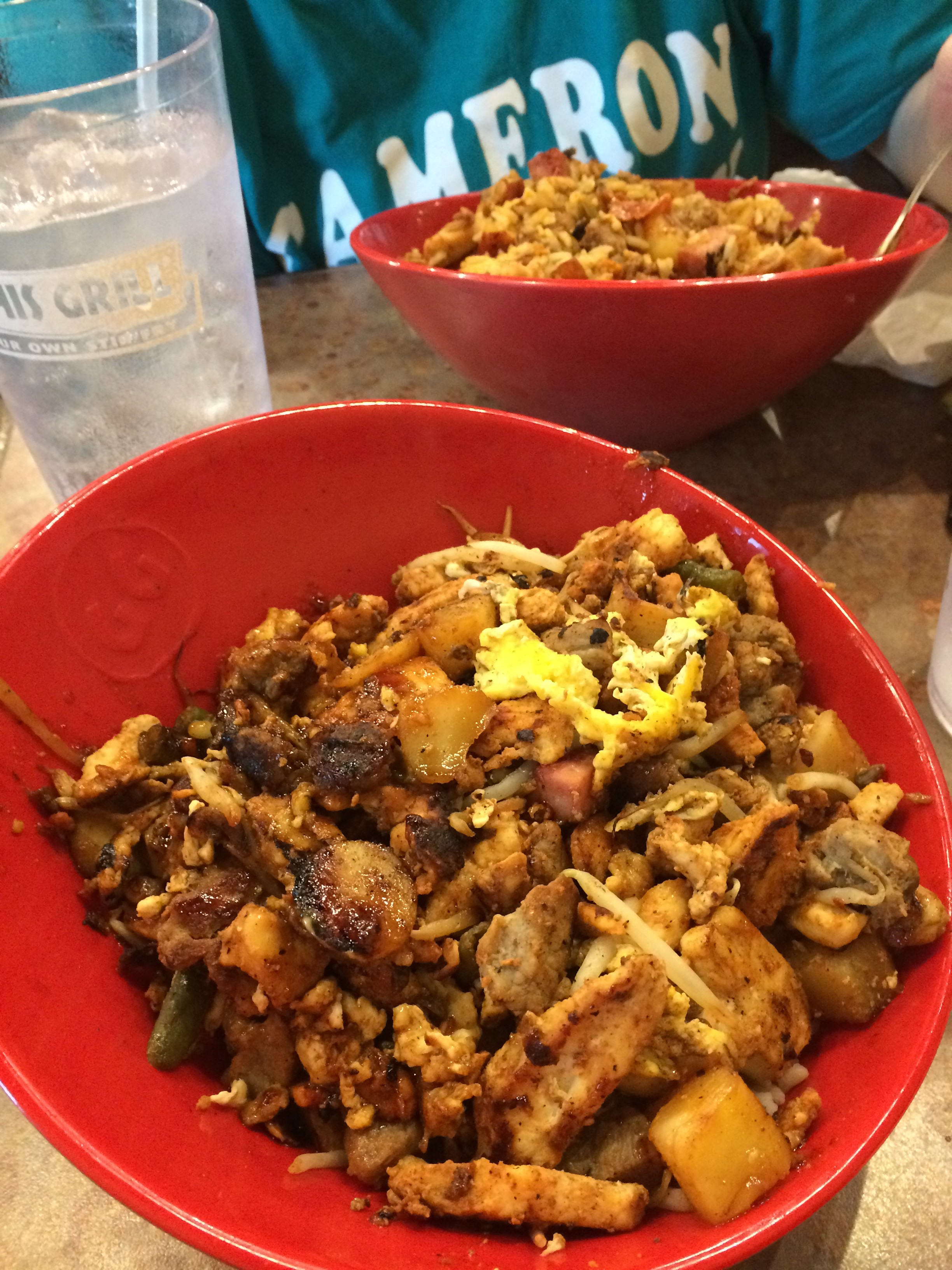Avoiding performance sabotage when travelling as a runner
The first blog post from our newest blogger, Thomas Toth, looks at how to avoid performance sabotage when travelling as a runner.

Don’t stand in your own way when travelling for race day. Training right is tough enough but in the days leading up to the big one, getting yourself from point A to point B can also lead to bad decisions — and, ultimately, a race gone sour.
By Thomas Toth

Eating healthy and maintaining a well-balanced diet is a tough task on its own. When travelling, making healthy choices becomes even harder when adding variables like what food to buy and where to get it, all while resisting quick fast food fixes when a rumbling stomach calls.
Over the years I’ve mastered a few small tricks that can make eating on the road easier, more affordable and less stressful to ensure hard work in training isn’t offset by poor food choices.
Plan ahead and pack accordingly
When driving long distances, taking some time (less than 30 minutes) beforehand to plan out pit stops can be the difference between running fast and being plagued by stomach issues. I’ve found that packing my own meals for on-the-go is not only the safest bet, but also the cheapest. This means packing some Tupperware with chicken and rice and bringing ingredients for a quick sandwich or a meal that has worked well in the past. (Think can opener, a few tins of tuna, a jar of natural peanut butter and one or two gallon water jugs from a local grocery store.)
I find traveling by land is always easier. You can just throw everything in a container, add a few gallons of water and you’re good to go. Flying is a different story. When flying, I generally pack food for the trip the same way I would on the road. A few sandwiches and a half dozen or so protein bars to hold me over.
Stay hydrated, avoid airport purchases
Hydration is key, especially on flights. The change in altitude and the chaos of getting from one terminal to the next can leave you feeling a little dry. Solution? Plastic foldable water bottles. Cheap and simple while being appropriate for air travel and going through security. Forgetting water at the airport usually doesn’t result in economically-wise decisions. Five bucks for a 500 mL water bottle isn’t ideal.

RELATED: World standards for Canadians at Houston half-marathon.
Don’t try new things on race day
Once you’re settled in at your destination, one of the most difficult parts can be where to eat. I’m not generally someone who is overly-tempted by sweets. That said, temptations of a big pre-race dinner, either pasta or steak, is a different story.

Figuring out where to eat is one of my highest priorities now — I learned my lesson in my junior year of college while in Des Moines, Iowa for the Drake Relays, an annual track and field meet and one of the largest competitions in the United States.
I made the ill-advised decision to eat at an unknown restaurant for lunch before the biggest 10K of the year. I went with just plain chicken and plain pasta (I’m an extremely bland eater) but after finishing half my plate, I had an odd aftertaste in my mouth.
As it turned out, the chicken was seasoned with honey. I’m allergic to honey. The race didn’t go as planned — I hobbled uncomfortably to a disappointing finish with considerable stomach problems. This taught me a lesson I’ll never forget: Eat and repeat. Only eat at places you’re familiar with. If that’s not an option, have a meal you’ve had in the past.
When in doubt, make a home-cooked meal in the hotel room
Recently at the Houston Half-Marathon, I made sure to save all exotic meals for the post-race festivities. This meant eating only at tried-and-true restaurants prior to the big day or having home-cooked meals in our hotel room.

As important as training is, your recovery, which in large part is fueling and hydration, needs to be on point for your body to respond well. When traveling, continue with what you know and leave everything else for after the show.
Thomas Toth is a Canadian elite distance runner living and training in Plaistow, N.H. Click here to see his full bio.


